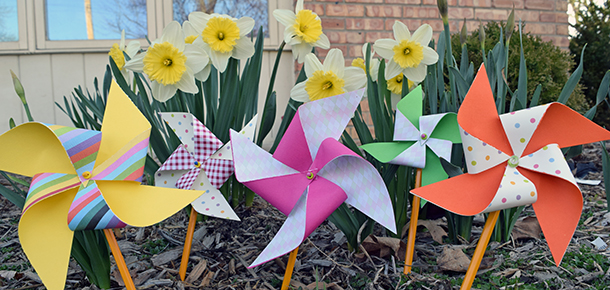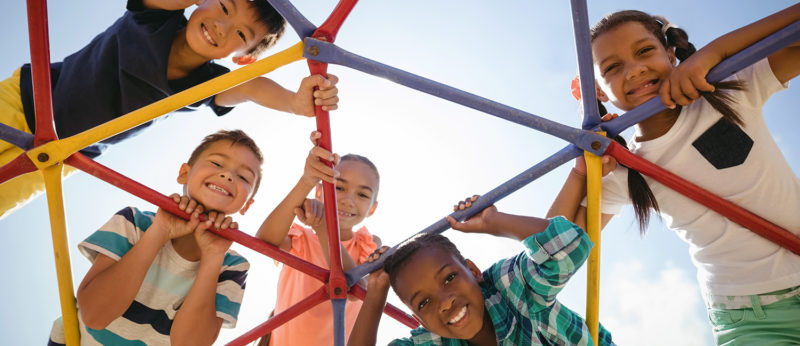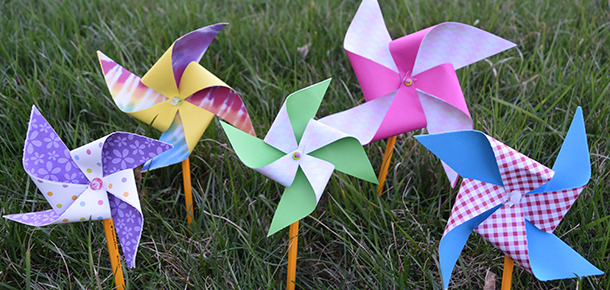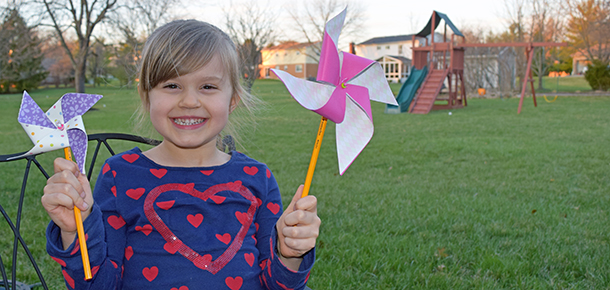All kids deserve great childhoods and all #greatchildhoods begin with great parenting.
While no method of parenting is perfect, taking a positive and loving approach from birth is a step in the right direction. Positive parenting helps foster the healthy development of not just your baby, but also your entire family. The precedents you establish between ages 0-5 will last a lifetime.
During these early years, it is crucial to develop sets of standards and establish them as part of your son or daughter’s routine. We at the Mayerson Center for Safe and Healthy Children recommend a strategy that focuses on three major areas:
1.) Build effective communication skills:
- Talk to and read out loud to your child to increase vocabulary.
- Focus on and praise your child’s good behaviors. Label the praise so he or she knows exactly what makes you happy (i.e. “Thank you for sitting so quietly in your chair.”).
- Repeat things your child says to you to let him or her know you are listening.
- Avoid distracted parenting (i.e., checking emails and texting during conversing with your child) and give your child your undivided attention for a few minutes each day.
2.) Create structure and rules:
- Follow a schedule. It provides a sense of security for your child and can improve his or her behavior.
- Explain the schedule to your child and what he or she can expect as often as possible. Include your expectations as a parent.
- Respond to your child in a consistent manner.
- Plan uninterrupted time to play with your child every day – even as little as 5 minutes a day can make an impact.
3.) Use discipline and consequences:
- Give rewards for positive behaviors – use sticker charts or social rewards like more play time with you, hugs, or kisses instead of material rewards like toys or candy.
- Ignore your child’s bad, attention-seeking behaviors until it stops and you can praise his or her positive behavior. (Not ALL behaviors should be ignored – if your child engages in destructive or unsafe behaviors like hitting or climbing, these still need to be addressed.)
- To communicate consequences, first warn your child about what will happen if they do not stop the undesired behavior. If it doesn’t stop, follow up with the consequence you just mentioned. It is important to follow through with a consequence if you say you are going to give one.
- Create a safe time-out space without toys or other stimulation for your child. Allow for 3 minutes of time-out as a consequence and way to calm down.
If you have children older than 5, check out these helpful positive parenting tips from the CDC. Tips are separated out by age from infancy through the teenage years.
Editor’s note: This is the final article in a series celebrating National Child Abuse Prevention Awareness Month 2015 and the Pinwheels for Prevention campaign. Find related blog stories here.




